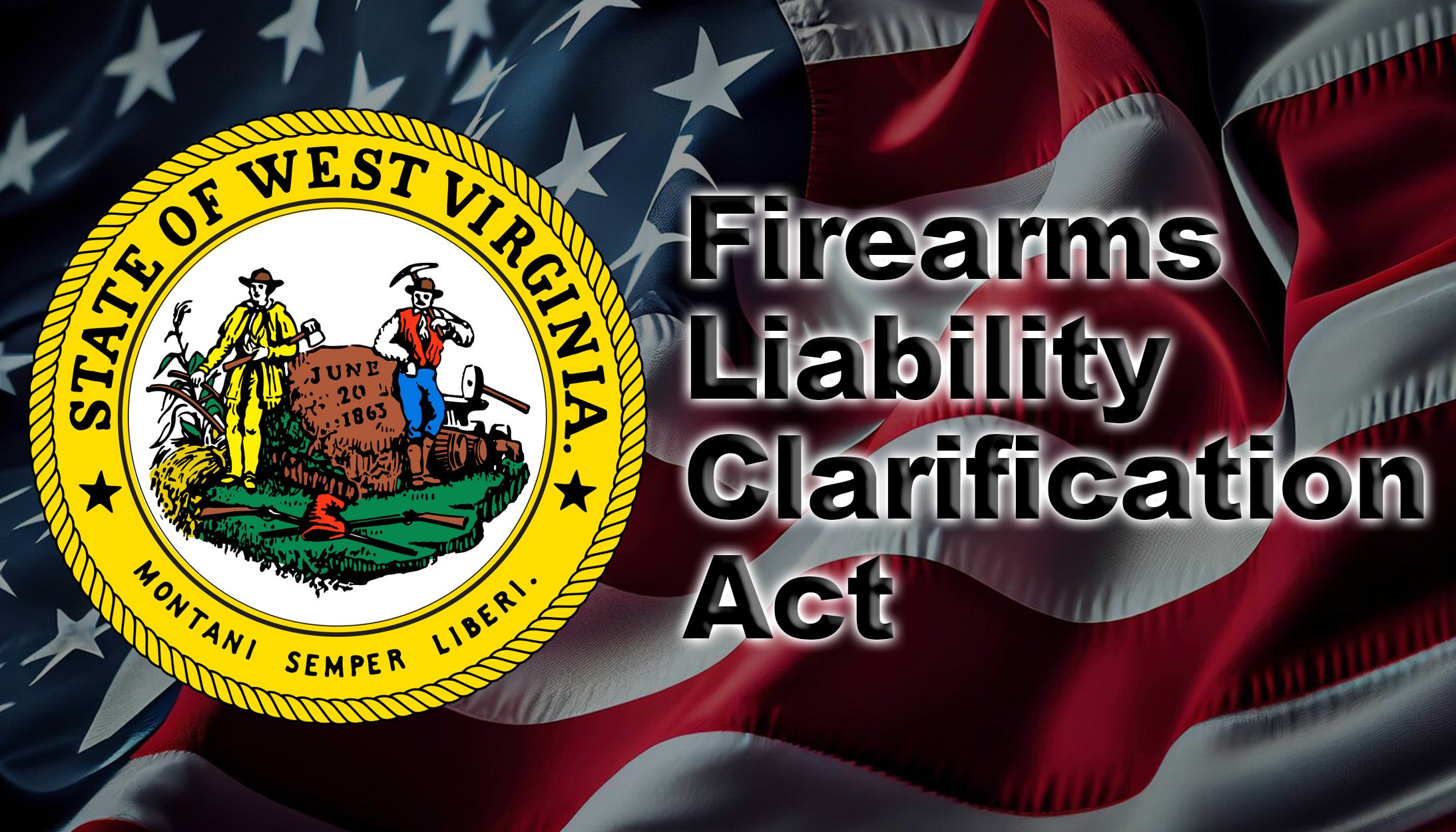By LKB
After two unsuccessful efforts to have the Supreme Court delay its briefing deadline, last night New York City filed its brief in the New York State Rifle & Pistol Association case. It’s pretty much what we expected, yet still manages to reach new levels of chutzpa. I’m not going to discuss everything that’s in the brief, but as I see it, here are the highlights.
NYC’s main argument, of course, is that because both it and the New York State Assembly have now “changed” the law that’s being challenged, the case is moot and therefore the Court is powerless to decide it.
Not surprisingly, however, the brief simply ignores the arguments made in NYSR&PA’s tour de force response to this claim; primarily, that changes to a law made after a writ of certiorari is granted (especially where the intent of the change in the law was unambiguously to evade the Supreme Court’s review of it) must be viewed very critically. Of course nothing prevents those parties from simply changing their mind and restoring the law in question if the Court did, in fact, dismiss the case as moot.
While NYC had previously indicated that it would refuse to brief the merits of this case because of its mootness assertions (a threat that was, in my view as a federal appellate attorney, insanely unwise), it nevertheless did address the merits of the case (albeit with the constant refrain that the case is moot and the Court should therefore not reach the merits).
First, the City argues that its rules prohibiting transport of firearms do not actually interfere with any Second Amendment right at all. This argument seeks to cabin the Second Amendment right as being solely to possess a weapon in one’s home – but nowhere else – and that this narrow right to possess weapons in the home does not require recognition of a right to train as any part of that right.
Indeed, NYC argues that because there are a grand total seven ranges at which NYC residents can go to train, its restrictions “did not meaningfully impair petitioner’s ability to train.”
Imagine if NYC were to similarly assert that because it had seven designated free speech zones in the City, it could therefore prohibit assemblies anywhere else. Or that because there were seven abortion clinics in the City, it could forbid any more.
In support of its argument, the City makes an extended review of various historical laws that provided where and how militia training would be conducted, and thus asserts that regulations on where training can occur are in fact historically recognized. That argument ignores, of course, that such laws merely regulated where weapons could be discharged within their jurisdiction, and said nothing about prohibiting the transportation of weapons to areas outside of it.
Second, the City argues that its regulations satisfy “means-ends” scrutiny, and do not involve treating the Second Amendment as a less-favored constitutional right. The City’s argument here is that intermediate scrutiny is appropriate for Second Amendment cases, and because of NYC’s “unique” position as the most densely populated place in the country, it has a good reason to regulate firearms more strictly and should therefore be allowed to do so.
This is the nub of the case: whether a right recognized as “fundamental” by the Supreme Court can nevertheless be disregarded if a state or locality claims to have a good reason to do so. If intermediate scrutiny is the test, the right is indeed second class, as Justice Thomas has repeatedly pointed out. If the test is strict scrutiny – as I believe a majority of Supreme Court justices are now leaning – then this whole argument collapses.
Besides the Second Amendment issues, the Supreme Court also granted review on whether the City’s restrictions violated the “dormant commerce clause” (which holds, essentially that the states and localities cannot regulate interstate commerce, because that power is given only to Congress) or the right to travel.
On the commerce clause issue, NYC first argues that because the “safe passage” provision of the Firearms Owners Protection Act (“FOPA”) conditioned the right to transport firearms across state lines on it being legal to do so in the states where the trip begins and ends, that somehow indicates that Congress authorized local regulation such as NYC’s. I find this argument to be exceedingly weak.
It is one thing for a state to regulate activities that occur solely within its own borders. It is quite another for a local government to explicitly forbid the interstate transportation of firearms — which was the whole point of FOPA in the first place.
More importantly, it is particularly galling for NYC to cite FOPA as a purported justification for its regulations, when NYC has flagrantly and openly refused to recognize or obey FOPA’s “safe passage” provisions in the first place. I hope that at oral argument, one of the Justices questions NYC’s counsel about its well-documented refusal to obey this law.
Next, NYC argues that the dormant commerce clause challenges apply only to activities that favor local commerce and disadvantage out-of-state actors, and the appellate record lacks any evidence of any actual disadvantage to any out-of-state actor or favoring of in-state ones. Here, I think NYC probably has a point, and this is why I’ve never been fond of the dormant commerce clause challenge to the NYC law.
Finally, NYC argues that its regulations did not implicate the right to travel, because nothing in them actually prohibited an individual from entering or leaving the state – only what its residents can have in their possession when they do.
Again, as I read current law on the right to travel, I think NYC probably has the better of this argument – the right to travel has been interpreted pretty narrowly, and I do not see the current Court stretching to expand that implicit constitutional right.
In conclusion, I think NYC is giving it the old college try, but on the heart of this case – the appropriate level of scrutiny for Second Amendment cases – it knows it is going to lose.
Let’s hope so….








